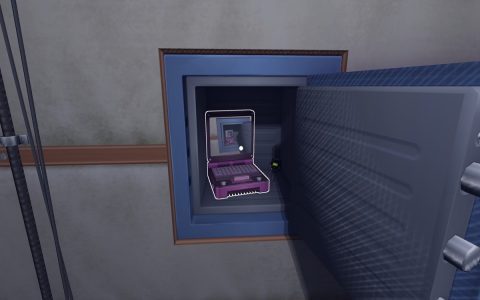Minitopia refers to the concept and design of a small-scale, often idealized or controlled environment. It serves as a microcosm intended to embody specific utopian principles or to function as a manageable testbed for innovative societal, ecological, or systemic designs.
Core Principles of Minitopia
- Deliberate Design: Minitopias are intentionally planned environments, focusing on specific objectives and desired outcomes rather than organic growth.
- Simplified Complexity: To maintain manageability and focus, complex real-world variables are often simplified or controlled within the minitopian framework.
- Scalability (Conceptual): While physically small, the principles or solutions developed within a minitopia are often intended to inform or be scalable to larger systems.
- Focused Idealism: Each minitopia typically targets a narrow set of utopian goals, such as sustainability, community cohesion, or efficiency, rather than attempting a comprehensive utopia.
Applications and Manifestations
The concept of minitopia can be applied across various domains, manifesting in both physical and conceptual forms.
- Experimental Communities: Small, intentional communities designed around specific social structures or resource management systems.
- Urban Planning Models: Pilot projects or designated zones within cities testing new infrastructure, green technologies, or public space designs on a limited scale.
- Educational Simulations: Interactive models (digital or physical) that allow users to explore and understand the dynamics of a simplified, idealized system.
- Organizational Prototypes: Creating small, autonomous units within a larger organization to test new workflows, management styles, or technological integrations.
Advantages and Considerations
Implementing or studying minitopias offers distinct benefits but also requires careful consideration of its inherent limitations.

- Advantages: Facilitates rapid experimentation and iteration with reduced risk and resource commitment. Provides clear, observable outcomes within a controlled setting. Can foster innovation by isolating variables.
- Considerations: Results may not always be directly transferable to larger, more complex systems due to oversimplification. The "Hawthorne effect" or artificiality of the controlled environment can influence behavior and outcomes. Ethical considerations regarding the inhabitants or participants in physical minitopias are paramount. Sustainability of the minitopia itself, especially if resource-intensive to maintain control, must be assessed.







